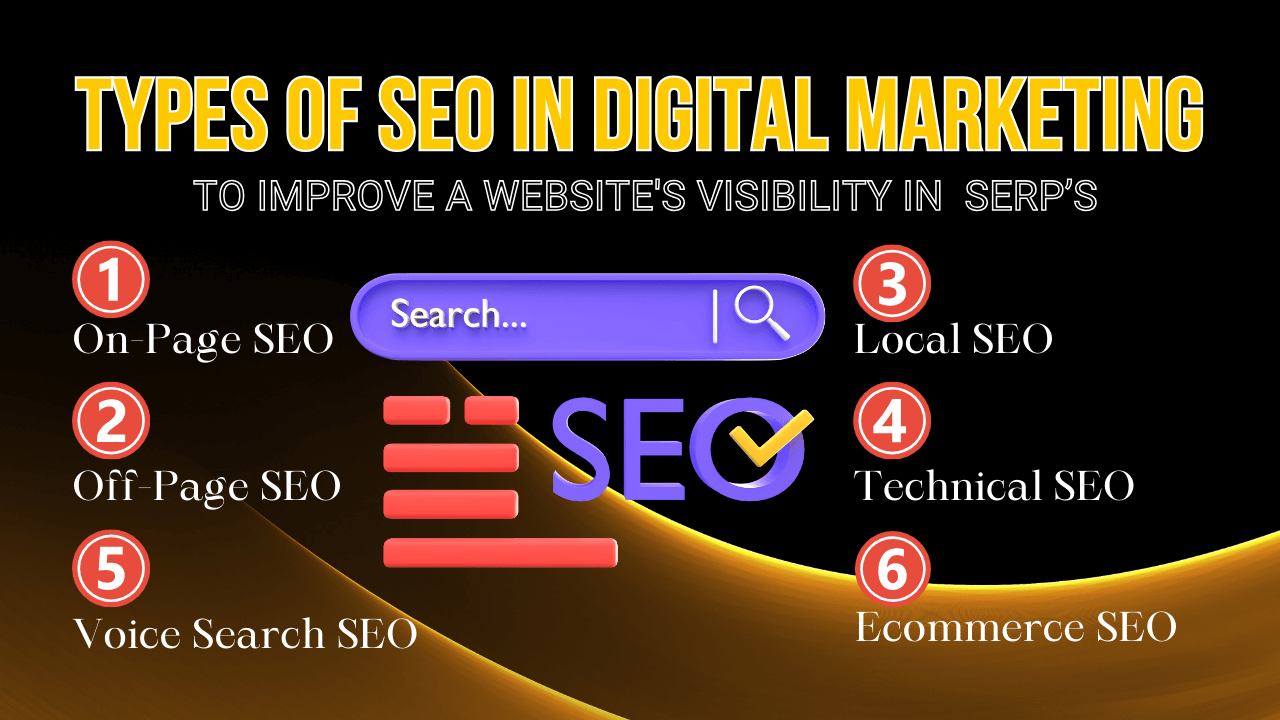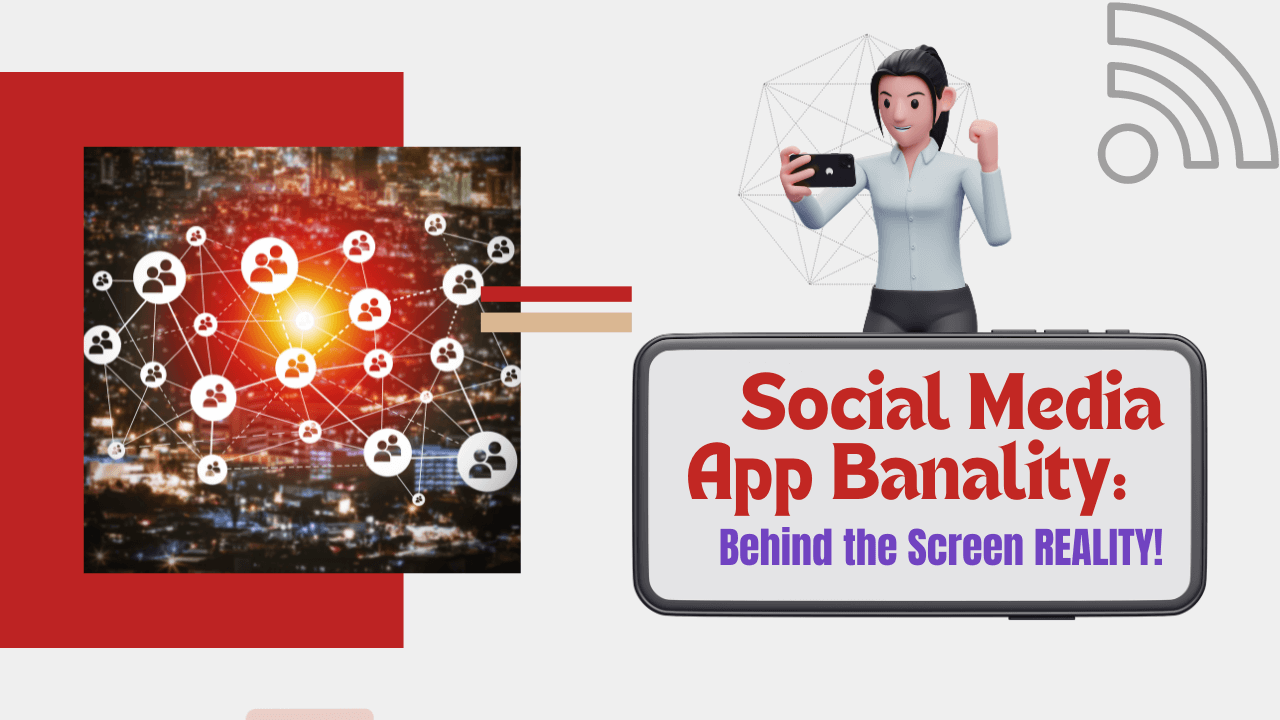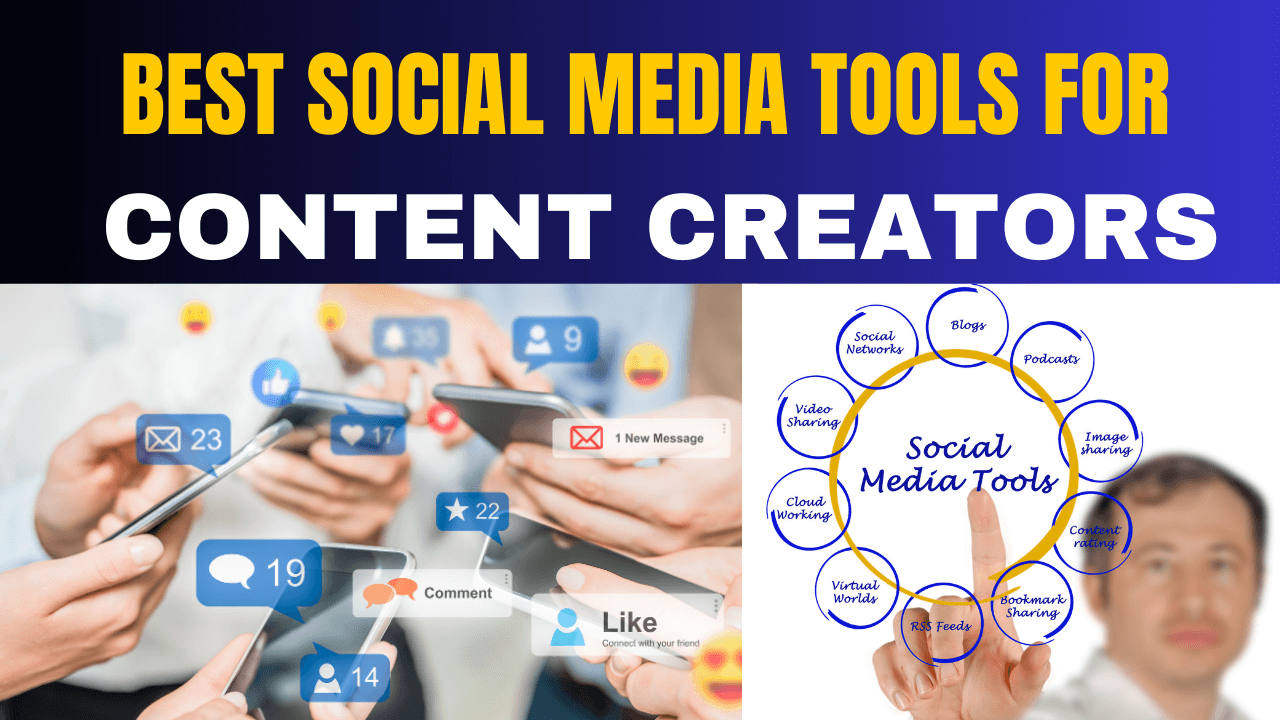Top 10 AI Marketing Apps & Benefits – Power of Artificial Intelligence
2 years agoAI vs Human Copywriting: 10 Reasons Why Human Copy is Better Than AI
9 months ago -
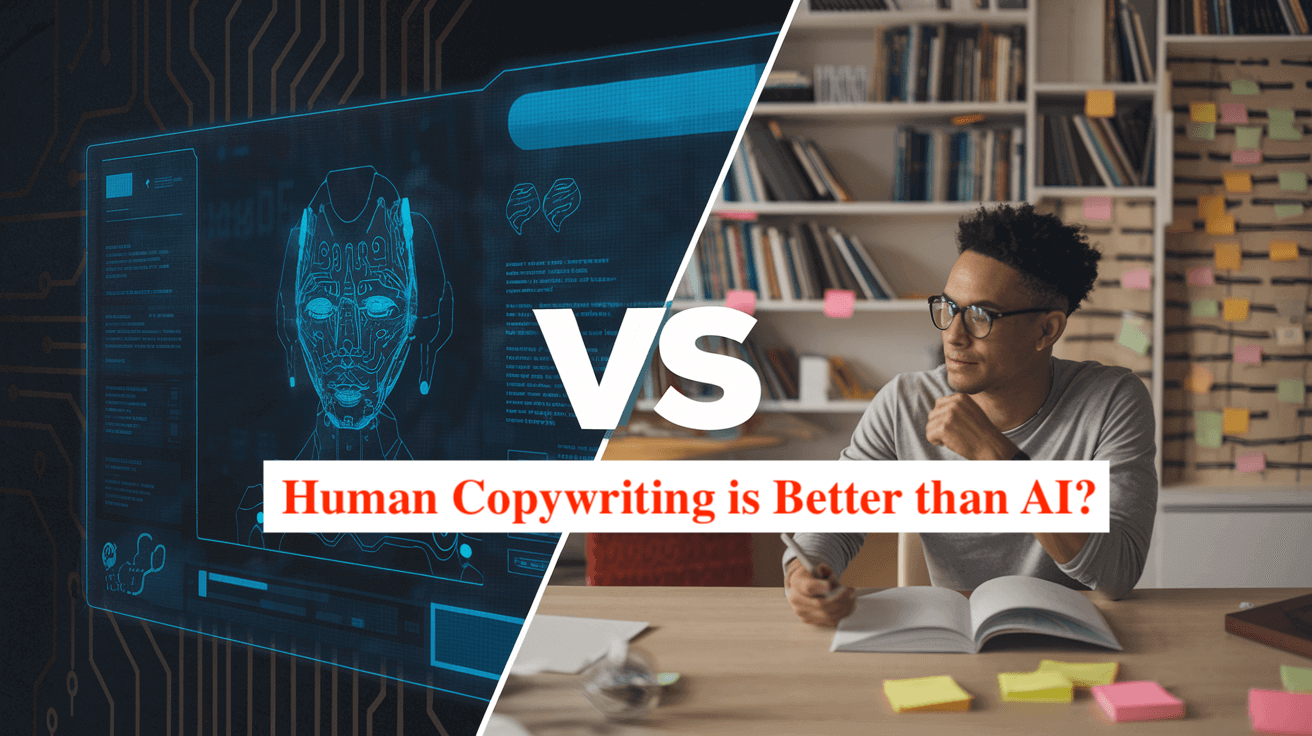
As we all know, content is king in this digital age. Then, who is the true ruler of the content kingdom? AI Vs Human Copywriting? The debate between AI Vs human Copywriting has heated up, leaving many to wonder: Has AI killed copywriting? With AI tools like ChatGPT, Deepseek, and Claude revolutionizing how content is created, the question on everyone’s mind is:
“Should I use AI for copywriting or stick with a human writer?”
With the current state of AI copywriting, the future of human writers, and examining the quality, efficiency, and ethical implications of both, let’s examine who holds the upper hand in this high-stakes content battle. In this blog, we’ll also break down the benefits and limitations of AI vs Human Copywriting so you can decide which one fits your brand most suitably.
Table of Contents
Understanding AI Copywriting
What is Copywriting?
Copywriting is the art and science of creating compelling written content to promote products, services, or ideas. It’s a crucial element of marketing that aims to engage, inform, and ultimately convert readers into customers.
What is AI Copywriting?
AI copywriting uses artificial intelligence (AI) technologies like machine learning and natural language processing (NLP) to generate written content based on input data and predefined parameters.
The Rise of AI-Generated Content
The rise of AI-generated content has fueled the rise of AI-generated copy in recent years. Businesses and creators are increasingly using AI tools to streamline content production due to:
- Lightning-fast content generation
- Consistency across multiple pieces
- Cost-effectiveness for businesses
- 24/7 availability
How AI Generates Written Content
AI copywriting tools work by analyzing massive datasets of human-written text. Based on prompts or inputs, they predict and generate relevant, syntactically correct sentences. These tools can create:
- Content calendars
- Product descriptions
- Emails
- Social media posts
- Blogs and articles
Two Main Strategies:
When it comes to utilizing AI in copywriting, businesses naturally operate two primary strategies:
AI-Assisted Copywriting: Human writers use AI tools to enhance their work, such as creating unique ideas, improving SEO, or refining content.
Fully automated copywriting: AI tools generate complete pieces of content with minimal human intervention.
| Strategy | Human Involvement | AI Involvement | Best Use Cases |
| AI-assisted | High | Medium | Creative projects, complex topics |
| Fully automated | Low | High | High-volume content, simple product descriptions |
Benefits of AI Copywriting
AI copywriting offers several benefits:
- Speed: Generate content in seconds.
- Consistency: Maintain tone and style across pieces.
- Cost-Effectiveness: Reduce the need for large writing teams.
- Availability: Produce content anytime without breaks.
- 24/7 availability: Produce content anytime without breaks or downtime.
Limitations of AI Copywriting
Despite its AI benefits, AI copywriting has some limitations:
- Lack of genuine creativity: AI relies on existing data and patterns, limiting its ability to produce truly original ideas.
- Absence of emotional depth: AI struggles to convey complex emotions or nuanced sentiments effectively.
- Limited contextual understanding: AI may misinterpret subtleties in language or cultural references.
- Potential for errors: AI can produce factually incorrect or nonsensical content if not properly trained or supervised.
The Importance of Human Copywriting
Despite AI’s rise, human writers bring irreplaceable qualities:
- Creativity and originality
- Emotional intelligence
- Cultural awareness
- Strategic thinking
- Psychological insights into audience behavior
10 Reasons Why Human Copywriting is Better Than AI

1. Unique Brand Voice
Human copywriters can develop and maintain a distinctive brand voice that resonates with the target audience. They can adapt their writing style to suit different platforms, audiences, and contexts, creating a cohesive brand identity across various communication channels.
2. Emotional Intelligence
Human writers possess the ability to understand and convey complex emotions effectively. They can craft content that evokes specific feelings in readers, creating a deeper connection between the brand and its audience.
3. Cultural Sensitivity
Human copywriters have a natural understanding of social norms, cultural nuances, and current events. This knowledge allows them to create content that is relevant, appropriate, and sensitive to diverse audiences.
4. AI Utility
While AI is a useful tool, human copywriters can leverage AI technologies more effectively. They can use AI for research, idea generation, and basic drafting, while applying their judgment to refine and improve the final output.
5. Strategic Thinking
Human copywriters align content with broader marketing goals, considering long-term business objectives. They can consider long-term goals, target audience preferences, and market trends to create content that drives desired outcomes.
6. Creativity and Originality
Human writers excel at generating untried ideas and unique perspectives. They can combine seemingly unrelated concepts to create fresh, engaging content that captures the audience’s attention.
7. Storytelling and Human Touch
Human copywriters can craft compelling narratives that resonate with readers on a personal level. They can incorporate anecdotes, personal experiences, and relatable examples to make content more engaging and memorable.
8. Problem-Solving Skills
Human writers can quickly adapt to changing circumstances, market shifts, or client feedback. They can address unexpected challenges and find creative solutions to complex communication problems.
9. SEO Optimization
While AI can incorporate keywords, human copywriters can optimize content for search engines more effectively. They understand the nuances of user intent, semantic search, and evolving SEO best practices.
10. Understanding of Human Psychology
Human copywriters possess a deep understanding of human psychology and behavior. They can craft compelling messages that appeal to readers’ motivations, desires, and pain points, driving engagement and conversions.
The Power of Original Content
Human-created content leads to:
- Stronger brand authority
- Higher search engine rankings
- More social sharing
- Deeper audience connection
AI vs Human Copywriting: A Comparison
| Factors | AI | Humans |
|---|---|---|
| Speed and Efficiency | Lightning-fast content generation | Thoughtful and strategic content creation |
| Cost | Lower costs with subscription models | Higher per-word or project-based pricing |
| Creativity | Data-based | Limitless imagination |
| Emotional Appeal | Generic and lacking depth | Deep and nuanced |
| Brand Voice | Needs manual tweaking | Naturally adapt |
| SEO Optimization | Basic | Expert-level strategies |
| Contextual Understanding | Pattern-based | Culturally nuanced |
| Scalability | Excellent | Challenging |
Future of Copywriting: A Hybrid Approach
The winning formula:
- AI for drafting and ideation
- Humans for refinement, creativity, and emotional depth
Smart marketers are blending both to maximize efficiency and maintain authenticity.
Read This: Top Free AI Tools for Video Creation You Won’t Regret!
How AI and Human Writers Collaborate:
The future of copywriting is not about choosing between AI and human talent but about combining their strengths. Smart marketers are adopting hybrid approaches:
1. Overcoming Writer’s Block
AI can generate initial ideas or outlines, helping human writers overcome creative blocks and start their writing process.
2. Brainstorming and Idea Generation
AI tools can analyze trends and data to suggest content topics, which human writers can then refine and develop.
3. Drafting and Editing Process
AI can produce rough drafts or assist in the editing process, allowing human writers to focus on refining and improving the content.
4. Translation and Localization
AI can provide initial translations, which human copywriters can then adapt to ensure cultural relevance and linguistic accuracy.
5. Content Refinement & Gaining Feedback
AI tools can analyze content performance metrics, providing insights that human writers can use to optimize their copy.
6. Great for Final Touches
AI can assist with proofreading, grammar checks, and formatting, ensuring polished final content.
Ethical Considerations of AI Copywriting
- Accuracy & Transparency: Always disclose when AI is used.
- Avoid Deception: No misleading content.
- Respect Privacy: Follow data protection regulations.
- Job Displacement Concerns: While AI may automate tasks, new human roles like AI content strategists are emerging.
The Future Challenges
As AI technology advances, the content creation landscape will continue to evolve. Future challenges include:
- Maintaining the “human touch”
- Ensuring ethical AI use
- Adapting to consumer expectations
- Training human writers to work alongside AI tools
Conclusion
While AI copywriting offers certain advantages, human copywriting remains superior in creativity, emotional intelligence, and strategic thinking. The ideal approach combines the strengths of both AI and human writers, resulting in high-quality, engaging content that achieves marketing objectives and connects with audiences on a deeper level.
In the ongoing battle of AI vs human copywriting, human copywriting continues to be the powerful factor in creating compelling, effective, and resonant content.
Read This: Top Reasons Why Blogging Is Not Dead ! 9 proven ways to Success
FAQs
Can AI Copywriting Replace Human Copywriters in the Future?
No, AI cannot fully replace the human copywriter in the future, at least for 10 years. While AI technology continues to advance, it is unlikely to fully replace human copywriters in the foreseeable future. Human creativity, emotional intelligence, and strategic thinking remain invaluable in content creation.
Does Google Approve AI-Generated Content?
Google’s primary focus is on the quality and relevance of content, regardless of its source. However, Google highlights the importance of original, valuable content created for users rather than search engines.
Is AI-Written Content Good for SEO?
AI-written content can be optimized for SEO, but human oversight is crucial to ensure the content meets quality standards and aligns with search intent.
Can Google Really Detect AI Content?
Yes, Google can detect AI content only if the content is low quality and generated from AI tools. While Google has not explicitly stated its ability to detect AI-generated content, the company highlights the importance of high-quality, original content that provides value to users.
Is It Legal to Publish AI-Generated Content?
Yes, it is legal to publish AI-generated content according to the Copyright Office guidance, USA. Publishing AI-generated content is generally legal, but it is important to consider copyright laws, any human author who contributed to it, ensure accuracy, and disclose the use of AI when appropriate.
Is AI Copywriting Legal?
Absolutely, but you must avoid plagiarism and comply with copyright and industry regulations. AI copywriting is legal, but users must ensure they comply with copyright laws, avoid plagiarism, and stick to relevant regulations in their industry.
Is AI Text Copyright Free?
AI itself cannot own copyright, but those commissioning AI content may have legal rights over it.
The copyright status of AI-generated text can be complex. While the AI itself cannot hold copyright, the person or entity that created or commissioned the AI-generated content may have rights to it.
Why Is Human Writing Better Than AI?
Human writing is often better than AI because human writing is more original, emotionally engaging, culturally sensitive, and strategically aligned with real audience needs. Humans can create nuanced, culturally sensitive content that resonates more deeply with readers.
- Compared 12 Top OTA Platforms in 2026 (Booking.com vs. Tripadvisor)
- Top 10 Registered IVF Clinics in Nepal (2025)
- Top-Rated IT Training Institute in Kathmandu, Nepal You Can Trust!
- Step-by-Step Guide: 12 Steps to Create a Marketing Plan for Business Growth
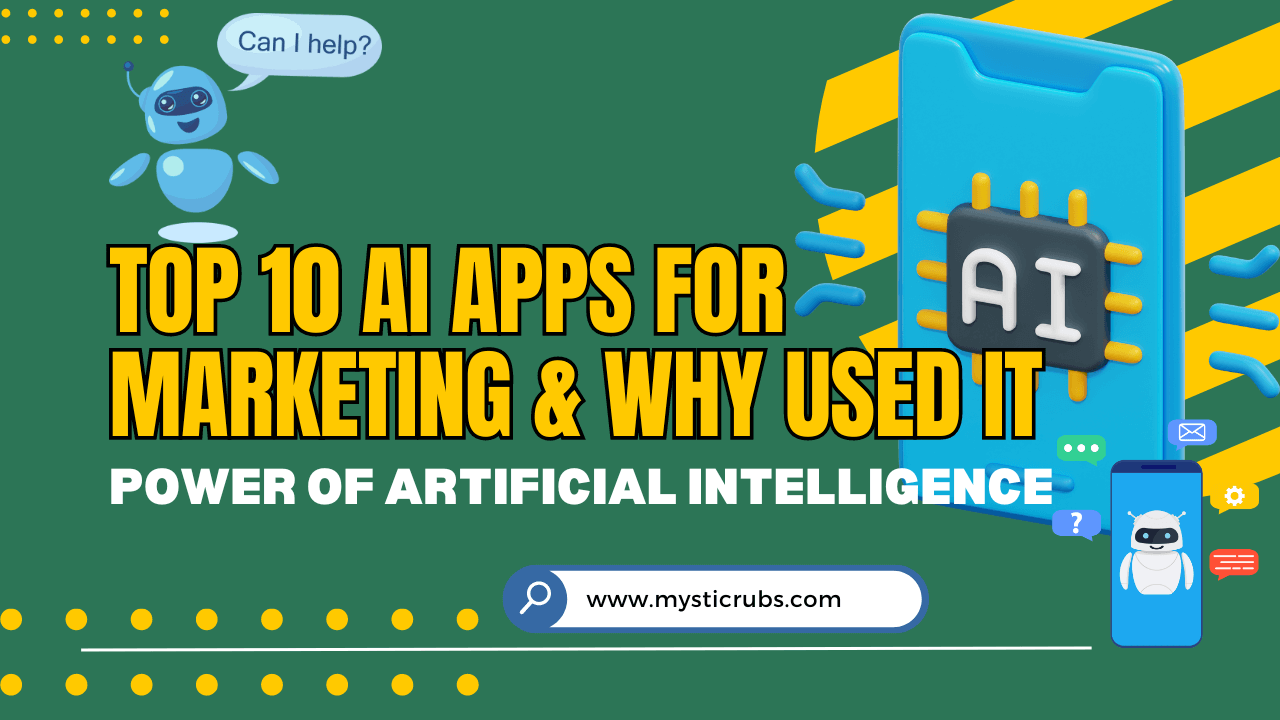
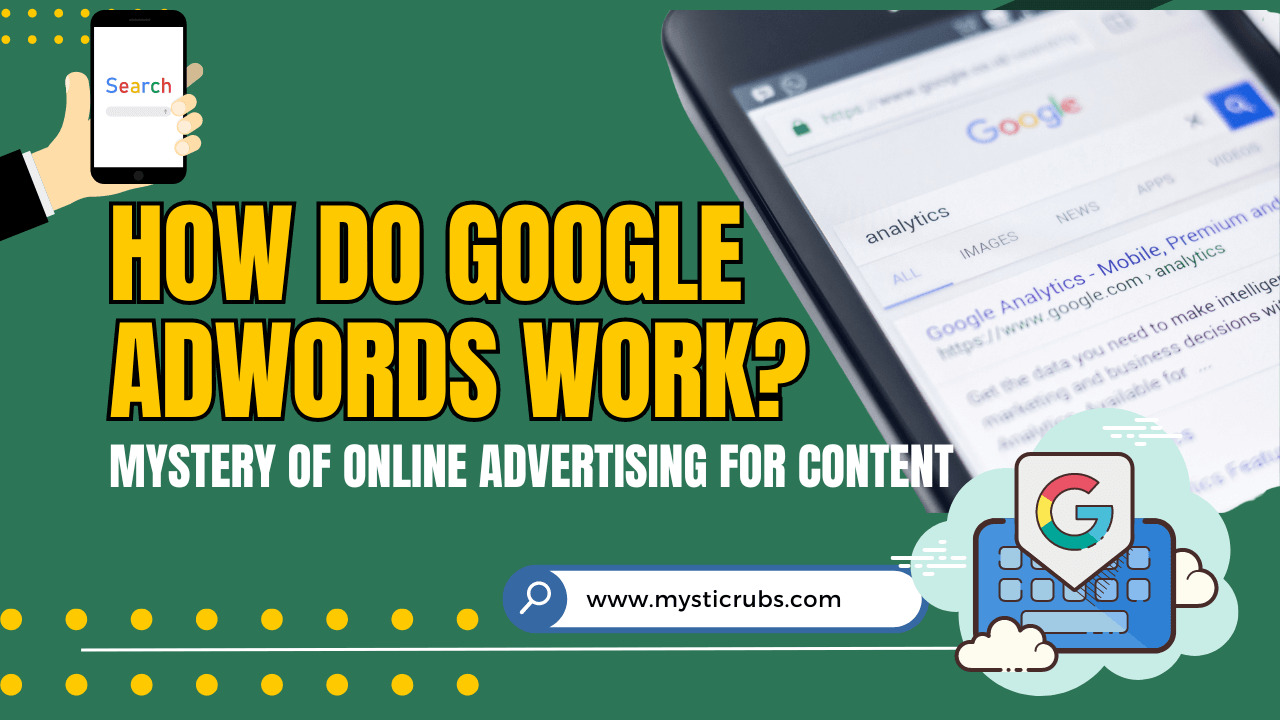
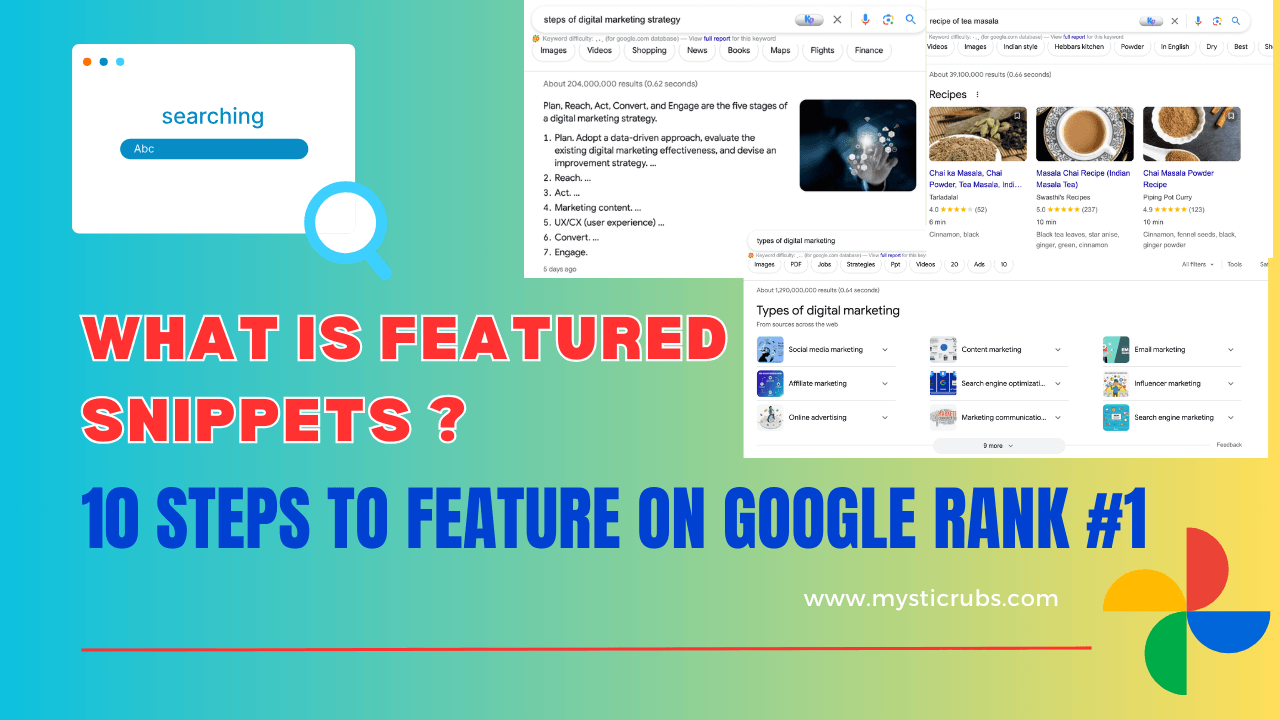
![[2025 Updated] Top 10 Digital Marketing Agencies in Nepal Ranked!](https://mysticrubs.com/wp-content/uploads/2022/05/top-10-digital-marketing-company-in-nepal.png)
